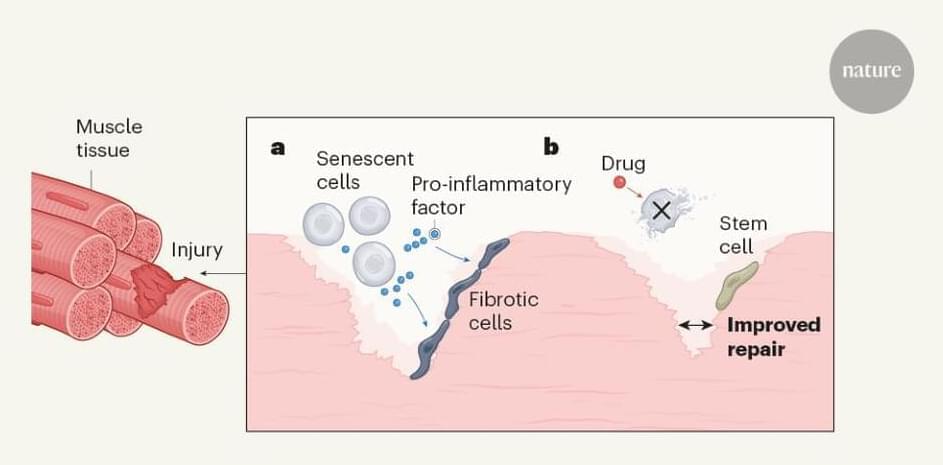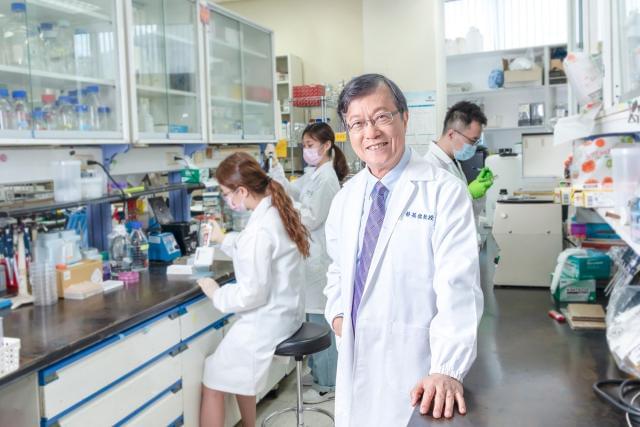Magnesium Break Through 10% Discount https://bit.ly/3O5tPfu.
This video brought to you by BiOptimizers.
In this video Professor Sebastiano discusses the three most advanced interventions that Turn Bio is working on, for skin, immunology and muscles and when they will be available for human trial.
Professor Vittorio Sebastiano manages a lab in Stanford University which developed and patented technology for partial cellular reprogramming. He co-founded Turn Bio, where he is now Head of research, to translate this technology into clinical applications. And with that, let me start the interview.
Turn Bio website.
https://www.turn.bio/
Professor Sebastiano’s lab at Stanford.
https://med.stanford.edu/stemcell/institutefaculty/sebastiano.html.
Transient non-integrative expression of nuclear reprogramming factors promotes multifaceted amelioration of aging in human cells.
https://pubmed.ncbi.nlm.nih.gov/32210226/
Renue By Science 10% of all products: https://tinyurl.com/4yrf4tv3
10% off DoNotAge all products with discount code MODERNHEALTHSPAN




